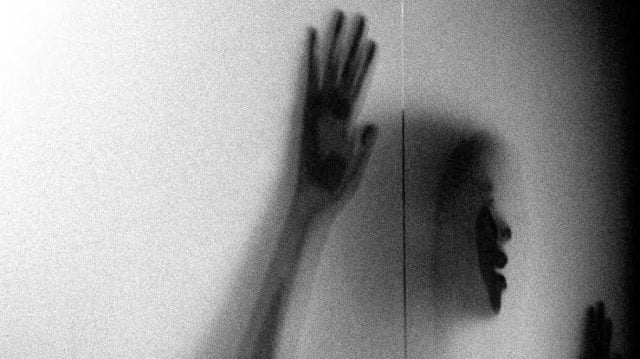Wounds that cut the skin are easier to discern and heal, than the ones that wound the insides.
Not being rhetorical, but this is exactly how mental illnesses can be summed up in a sentence. It is not that easy to diagnose a mental illness, and it’s more so tough to recover from it.
But, this doesn’t mean that the mere knowledge that you are suffering from something will aid in your recovery from it. The reality is quite far from it.
While it’s certainly true that the recognition of symptoms and an early diagnosis are crucial in healing, this know-how does not always work for the good.
And here’s why-
The Lesser We Know, The Better:
Too much knowledge doesn’t always work in our favour, especially when it comes to this sphere.
Knowing the terminology on your fingertips and the knowledge of so many psychological illnesses gets overwhelming. The symptoms of most mental illnesses are quite simple and everyday like – feeling low, not feeling like interacting with people, mood swings, etc.
These ‘symptoms’ can occur in a well-functioning individual too, and don’t necessarily point out to or culminate into a mental illness.
Having the knowledge about all these terms makes you associate any or every symptom you feel to a term. For example, feeling low might seem like depression and simple anxiety in interacting with people might make you feel like you have a social anxiety disorder.
But in reality, it might not mean that you are suffering from a mental illness. Just the fact that you know about them, makes you attach a name to the symptoms you are facing, making you believe that you are suffering from a mental illness.
Also Read: In Pics: Who And Where Were The Indians At The Oscars This Year?
Tendency To Overthink And Over-Exaggerate:
Once our mind begins to associate a name with each of these symptoms, there is just no end. One after the other, each small mental or emotional imbalance will become in your head too grave a problem to handle.
A friend of mine has been suffering from bipolar disorder and depression for some time now, and she has been taking therapies for the same.
But here is the issue: She is a Psychology student and has studied mental disorders in detail. Her head has clear categories for which disorder has which all major and minor symptoms associated with it.
So, the moment she experiences an emotional turbulence, she already has a term for it by the next morning. And this has aggravated her situation to a great extent. Her mind has tricked her into believing that she has a particular mental illness even before it is diagnosed.
Had she known lesser about what a symptom could lead to, her inability to put a name on it would have had aided her recovery. But her know-how of all this is hampering her speedy recovery.
Let’s Know A Little Less To Stay Healthier:
Googling the things or illnesses a particular symptom can lead to is THE worst thing you can do to yourself. As said, all mental illnesses begin almost similarly, but that doesn’t mean that every individual symptom will lead up to that disorder.
Reading things on Google and comparing your situation with it could make you believe that, THAT is what you’re suffering from, when in reality, it possibly may not be so.
Then, assuming yourself of suffering from something is also a bad idea. Plus, self-medicating is the dumbest idea, as medicines for mental illnesses, if taken without a prescription, can end up screwing your situation more.
The best way to get your answers is a medical and psychological diagnosis.
And finally, a speedy recovery happens not with just medicines, but with the belief that I can overcome it!
Cheers, to sound mental health!
Image Sources: Google Images
Sources: Blogger’s Own Experience
Find Blogger At: @Rhetorician_RC
Other Recommendations:
Online Posts That Show How Hindu-Muslim Hatred Lost In The 2020 Delhi Elections





































